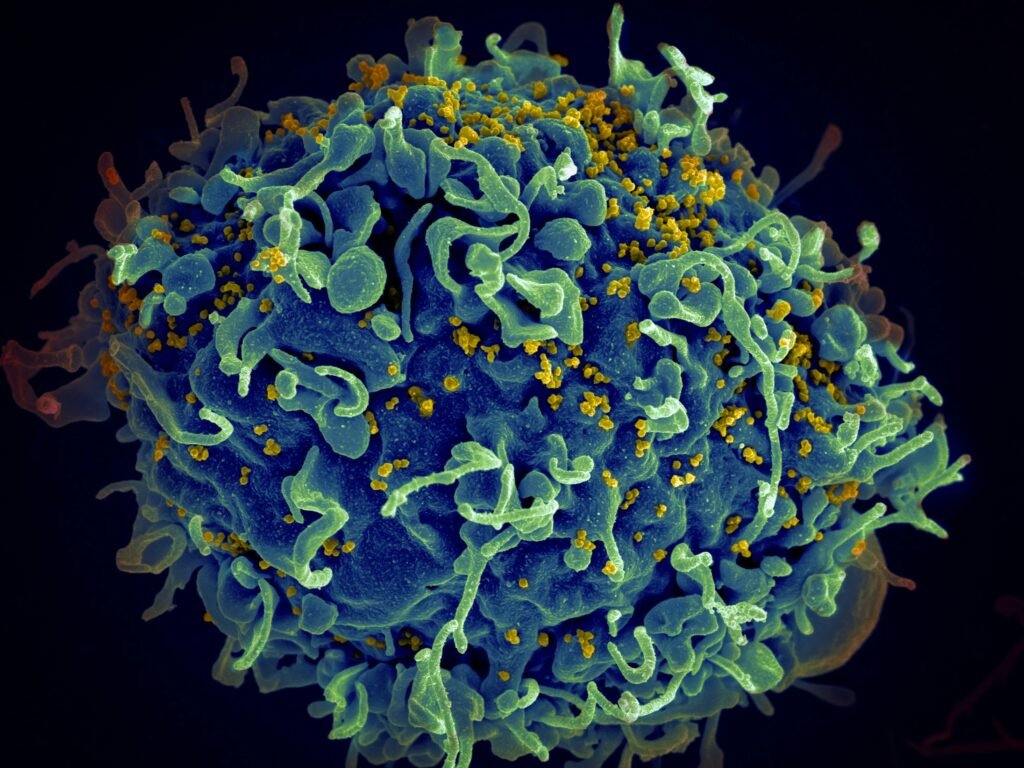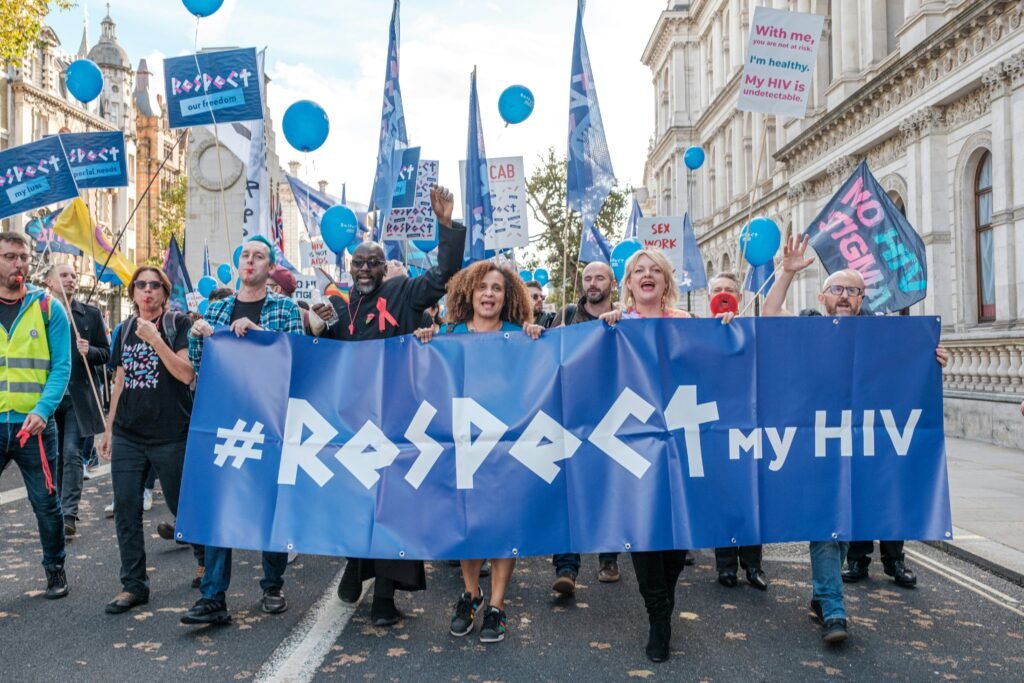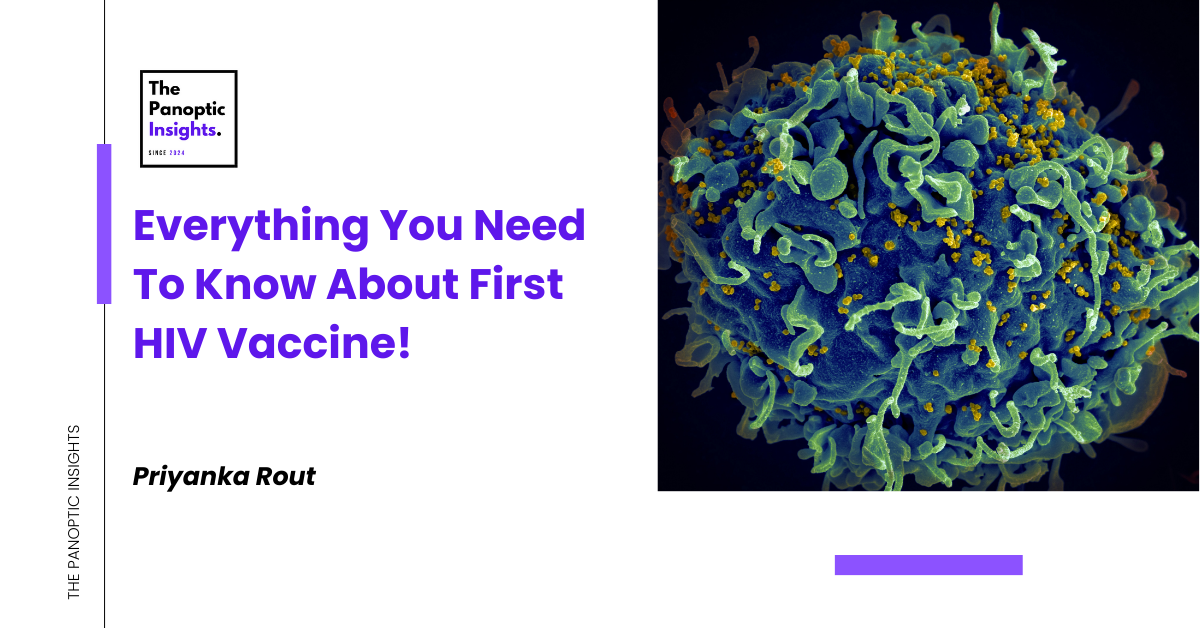Table of Contents
Let’s Get Started!
In a time when the world was grappling with the urgent need for a vaccine against COVID-19, some of the most prominent researchers in the field of HIV stepped forward to lend their expertise to the fight against the coronavirus pandemic. Their dedication and ingenuity resulted in the development of life-saving vaccines. Now, these same scientists are redirecting their efforts towards a new frontier: the quest for the world’s first HIV vaccine.
Yunda Huang, PhD, a researcher at the Fred Hutchinson Cancer Center in Seattle, Washington, is among those leading this charge. In a conversation preceding her presentation at the Conference on Retroviruses and Opportunistic Infections (CROI) 2024 Annual Meeting, Dr. Huang emphasized the body’s remarkable ability to produce antibodies capable of defending against HIV.
Dr. Huang shared insights into the renewed vigor surrounding the pursuit of an HIV vaccine, particularly focusing on the potential of neutralizing antibodies to provide protection. She acknowledged the setbacks faced in previous attempts to develop an effective HIV vaccine but remained optimistic about the path forward.
Development In HIV Vaccine

Over the last twenty years, there has been a significant increase in the exploration of HIV broadly neutralizing antibodies, along with the development of vaccine strategies aimed at stimulating their production. Encouraging progress has been made in various approaches, such as germline methods, mRNA technology, and the utilization of nanoparticle techniques.
However, recent news from Africa regarding a PrEP vaccine trial has cast a shadow on these advancements. The trial, which was testing two experimental prevention regimens, has been halted. Investigators have reported that there is “little to no chance” of the trial demonstrating the effectiveness of the vaccines in preventing HIV transmission.
The Shape-Shifting HIV Virus
HIV has earned its nickname as the “shape-shifting virus” due to its ability to constantly change its appearance, making it difficult for our immune system to recognize and fight it off effectively. Even when our bodies manage to produce antibodies against HIV, the virus evolves to evade detection.
Despite these challenges, there’s still optimism among researchers like Huang that an effective vaccine can be developed. Birgit Poniatowski, the Executive Director of the International AIDS Society, emphasized this hope, stating that we mustn’t lose faith in the possibility of a universally accessible HIV vaccine.
In the United States, HIV remains a persistent issue, affecting an estimated 1.2 million people, according to the Centers for Disease Control and Prevention. Globally, new infections continue to occur daily, adding urgency to the quest for a solution.
Dr. Huang, driven by a sense of urgency and compassion, is determined to make a difference. She reflects on the immense impact of HIV on communities worldwide, especially young girls, and believes that the collective talent and dedication of researchers can bring about positive change.
Even in the face of setbacks in clinical trials, Huang sees an opportunity for learning and growth in HIV research. These failures, she suggests, can be as instructive as successes in guiding the next steps forward.
Let’s Understand The Advancements In HIV Vaccines!

Thanks to remarkable progress in various fields like protein nanoparticle science, mRNA technology, adjuvant development, and the study of B-cells and antibodies, we’re witnessing the dawn of a new era in HIV research. This surge of innovation is paving the way for a fresh wave of clinical trials.
In response to this burgeoning landscape of possibilities, the HIV Vaccine Trials Network is adapting its approach. They’re revamping their operations to better navigate this exciting but complex field and pinpoint the most promising vaccine regimens.
One notable initiative is the introduction of a Discovery Medicine Program within the network. This program serves a dual purpose: evaluating new vaccine candidates to gauge their potential effectiveness while also swiftly identifying and discarding less promising options. It’s a strategic move aimed at streamlining the process of vaccine development, ensuring that only the most viable candidates progress further.
Let’s Wrap Up!
Multimeric nanoparticles, a promising avenue currently being explored for combating COVID-19 and influenza, also hold potential for adaptation in the fight against HIV.
Dr. Huang expresses her anticipation regarding the advancements in combination monoclonal cocktails. Despite her two-decade-long involvement in this field, she highlights a common misconception that the introduction of pre-exposure prophylaxis signifies the resolution of the HIV crisis, emphasizing that the reality is quite different.
Nevertheless, Dr. Huang remains hopeful. She acknowledges the unpredictable nature of scientific discovery, asserting that breakthroughs could emerge unexpectedly at any moment, revolutionizing our understanding and approach to HIV.
FAQs
Is there currently a vaccine available for HIV?
No, there are no vaccines specifically for preventing or treating HIV at the moment. However, individuals living with HIV can benefit from vaccines designed to protect against other diseases, which is especially important as they are more vulnerable to infections.
When can we expect an HIV vaccine?
While a vaccine for HIV is not imminent, there is ongoing research and development efforts underway. Presently, all HIV vaccines in the pipeline are undergoing early-stage trials. Despite the challenges faced in vaccine development, there remains optimism that some of these candidates could eventually lead to a breakthrough.
Can people with HIV lead a normal life?
Yes, most individuals with HIV can lead long and fulfilling lives if they receive and adhere to proper treatment. It’s important to note that adjusting to life with HIV may take time, and newly diagnosed individuals may experience a range of emotions such as sadness, hopelessness, or anger. Prioritizing mental health is crucial during this period of adjustment.
